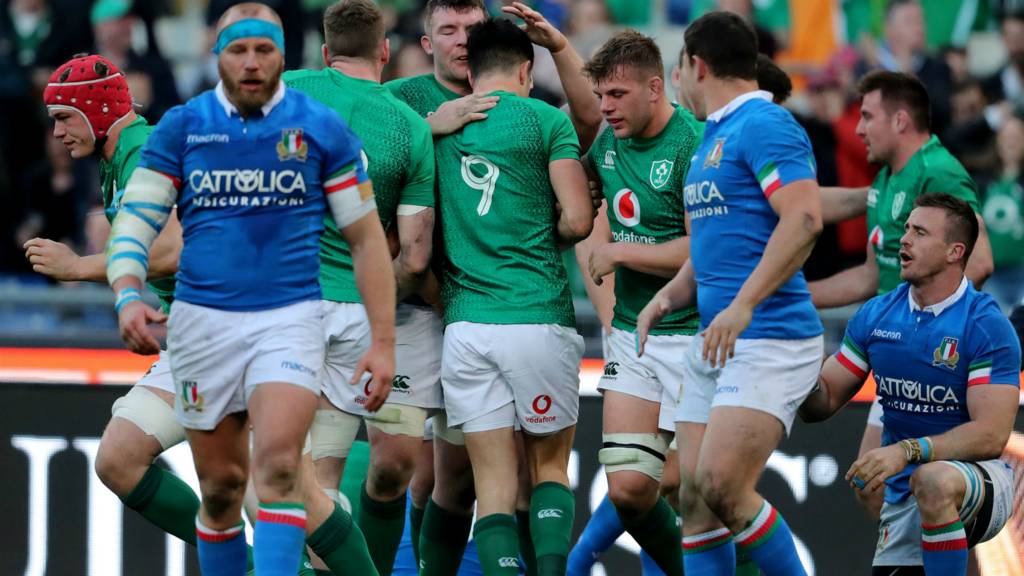Image Credit [BBC]
Eddie Jones was probably the only Jones in Cardiff unhappy with the 21-13 win to Wales in Round 3 of
Touted by many as the “Grand Slam decider”, England came into the game marginal favourites, having soundly dispatched reigning Grand Slam champions, Ireland, and France. However, Wales would have the home field advantage with their fans eager to see England lose in the sold out Principality Stadium.
From the get go England looked to employ the same territory and kicking tactics that had brought them so much success in the two previous games, but the experience of fullback, and MOTM, Williams dealt with most of these kicks relatively easily..
After trading penalties with one another, it was the visitors that scored first with 20-year-old Tom Curry touching down for his first international try and Farrell converting after to make it 10-3.
England took this lead into half time, but indiscipline in early in the second half let Wales back into the game with two Anscombe penalties leaving the hosts just one point adrift, but Farrell soon replied with his own boot to extend the lead 13-9.
The real change in momentum came when Biggar came onto the field, exerting much more control over the game than the starter Anscombe had.
Wales made their way into the English 22, and showed tremendous patience and poise, mainly through their forwards, to finish off 35 phases with a converted Cory Hill try, for the hosts to take the lead 16-13 with 10 minutes to go.

It was now time for the Welsh to play the territory game and pin their opposition back in their own half, something England did not have an answer to. The pressure eventually resulted in Josh Adams juggling the ball out of the air from an opportune cross field kick by Biggar, and crossing the line to put the game to bed at 77 minutes with the final score being 21-13.
In many ways both teams played very similarly, leaning heavily on their tough defence and taking any opportunistic chances that came their way. However, Wales made far fewer mistakes, with England being naïve, and possibly even arrogant, to expect that they could just repeat the same kicking tactics three games in a row, against a world class fullback like Williams.
Gatland’s team effectively stopped plan A and did not make many mistakes that Jones’ side could capitalise on. Instead, there was no plan B of how to play with ball in hand, which may not have been a problem (considering England had the lead) if it were not for the indiscipline of the men in white to hand the hosts points and territory. They must now look to implement some of the attacking prowess that was on display in the summer South Africa tour if they hope to succeed in the World Cup later this year.
In the other two games, France avoided turning into La Calamité by finally deciding to turn up for a full game to beat an injury laden Scotland 27-10, with the youthful halfback partnership of Dupont and Ntamack giving Les Blues the impetus that they have so far lacked.

Despite scoring two tries in 20 minutes, Ireland struggled against Italy, with the Azurri unexpectedly leading at half time 16-12. However, Ireland managed to rally back to win 26-16, claiming a bonus point in the process.
In a scenario familiar to previous years, Italy look to be getting the Wooden Spoon despite showing genuine improvement, whilst France and Scotland will jockey for fourth and fifth place. Wales’ triumph over England means that they are now the only side still capable of a Grand Slam. England and Ireland could still win the tournament though, providing they win both remaining games and Wales lose either of theirs, making it a far more open and interesting Six Nations than many previously thought.

